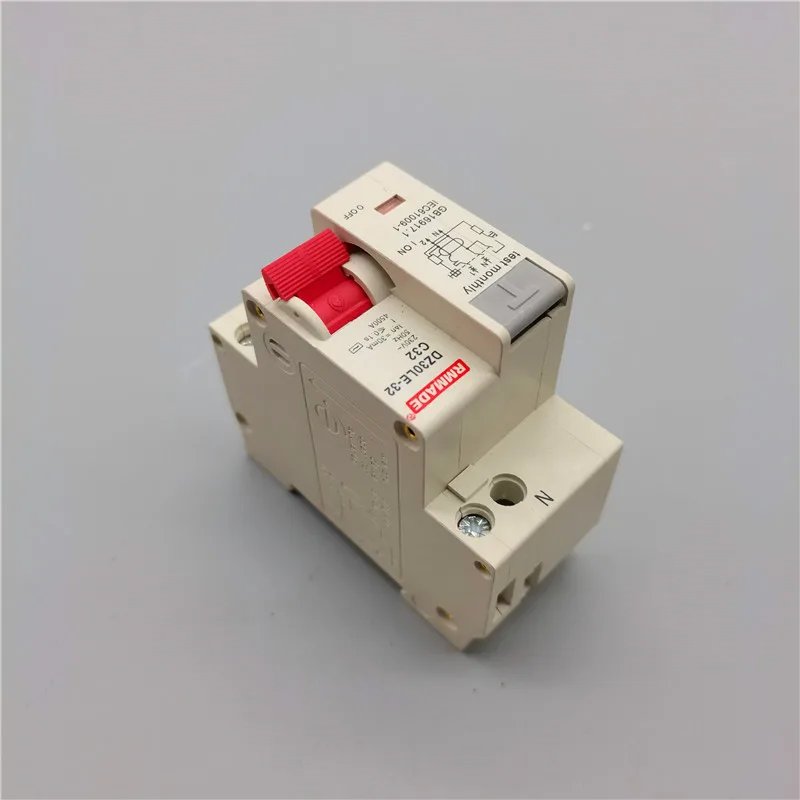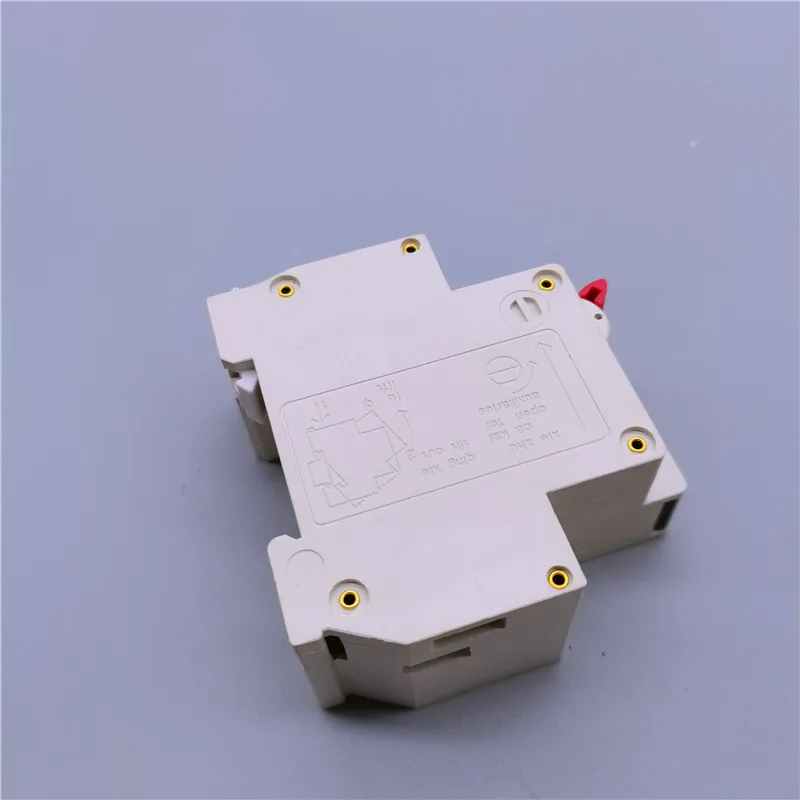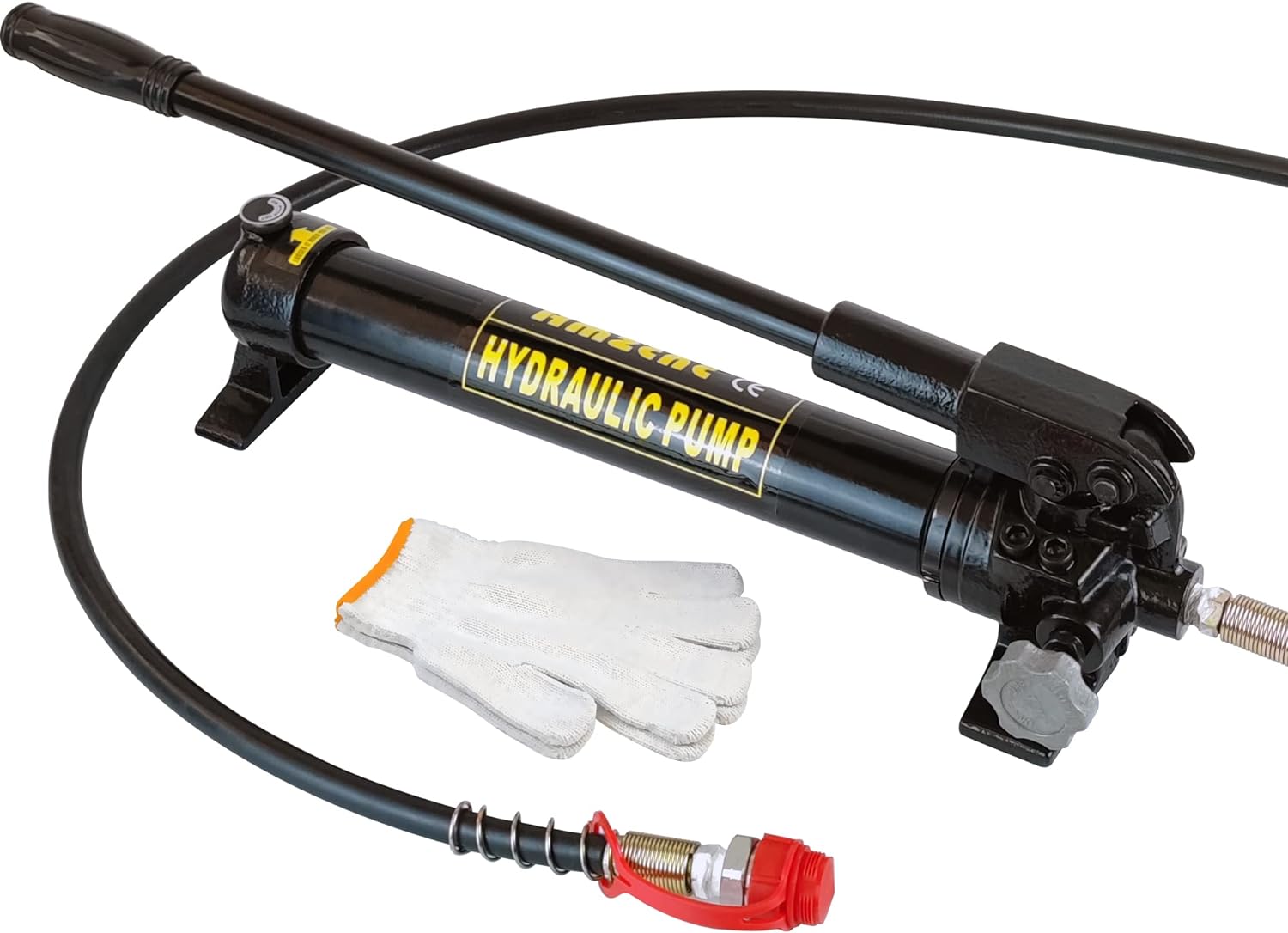An AC fan motor is a critical component in many electrical appliances, especially air conditioning systems. It is responsible for driving the fan that circulates air to cool or ventilate indoor spaces. Whether in a residential, commercial, or industrial setting, the AC fan motor plays a vital role in maintaining a comfortable environment. This article will explore the essential aspects of AC fan motors, their functions, and key factors to consider when choosing one for your needs. We will also touch upon related products like geocell, which are important in applications where robust materials are necessary for structural support.
What is an AC fan motor, and how does it work?
An AC fan motor is an electric motor used to operate the fan in various systems, such as air conditioners, ventilation units, and HVAC systems. It works by converting alternating current (AC) electrical energy into mechanical energy, causing the motor shaft to rotate. This rotation drives the blades of the fan, which in turn circulates air through the system to cool or ventilate a space. The efficiency of the motor impacts the overall performance and energy consumption of the unit.



What are the key factors to consider when choosing an AC fan motor?
When selecting an AC fan motor, several factors need to be considered to ensure optimal performance and energy efficiency. Key considerations include:
- Motor size and power: The motor should match the specifications of the fan and the system.
- Energy efficiency: Higher efficiency motors reduce power consumption and operating costs.
- Speed control: Motors with adjustable speed settings provide better control over airflow and comfort.
- Durability and material: Motors built with high-quality materials, such as corrosion-resistant metals, last longer and perform better under varying environmental conditions.
What are the benefits of using a high-efficiency AC fan motor?
High-efficiency AC fan motors provide numerous benefits, including:
- Reduced energy consumption: Efficient motors consume less power, which translates to lower electricity bills.
- Enhanced performance: These motors ensure better airflow and cooling performance, contributing to a more comfortable indoor environment.
- Longer lifespan: High-efficiency motors are built to withstand continuous operation, leading to fewer replacements and maintenance costs.
- Eco-friendly operation: By using less energy, high-efficiency motors reduce your carbon footprint, making them an environmentally friendly choice.
How are AC fan motors related to geocell in construction and HVAC systems?
While AC fan motors and geocells serve different functions, they can be linked in applications such as large-scale construction projects or industrial facilities. Geocells are used in civil engineering to stabilize soil, support structures, and prevent erosion. In areas where HVAC systems are essential, geocells can be used to enhance the foundation stability, which indirectly affects the installation and performance of AC fan motors. A stable base ensures that air conditioning units and ventilation systems are securely positioned, maximizing the efficiency of the motor and the system as a whole.
AC fan motors are indispensable in ensuring efficient air circulation in air conditioning and ventilation systems. Understanding the key features of these motors, such as power, efficiency, and speed control, will help in choosing the right one for your needs. High-efficiency motors offer significant benefits, including reduced energy consumption and longer lifespan. Additionally, related products like geocell can enhance the overall infrastructure, providing a stable base for HVAC systems and improving motor performance in large-scale applications. By considering both the technical and structural aspects of your environment, you can optimize the performance and longevity of your AC fan motor.
